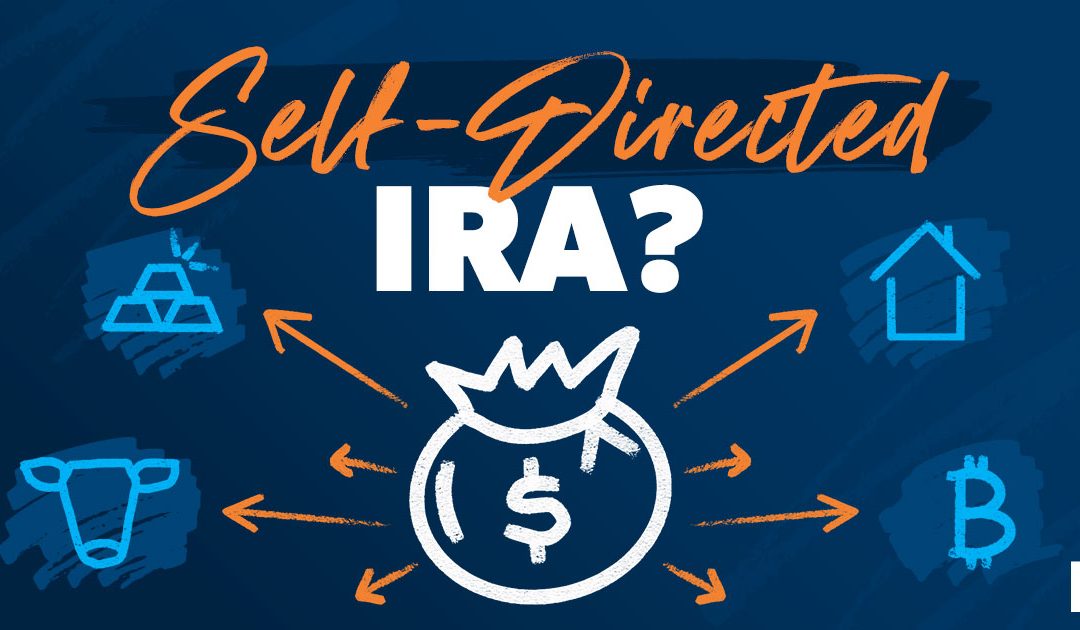Peter Thiel made headlines with his unique approach to investing through his self-directed IRA, particularly by utilizing it to invest in early-stage startups like Facebook. Here’s a general outline of how you might follow a similar path, but please be aware that this isn’t financial advice and comes with significant risks:
-
Establish a Self-Directed IRA (SDIRA): Start by setting up a self-directed IRA with a qualified custodian. Unlike traditional IRAs, SDIRAs allow you to invest in a broader range of assets beyond stocks, bonds, and mutual funds. This can include real estate, private equity, precious metals, and even startups.
-
Contribute Funds: Once your SDIRA is set up, you can contribute funds to it just like you would with a regular IRA. There are annual contribution limits imposed by the IRS, so make sure you adhere to those.
-
Due Diligence: Before investing, conduct thorough due diligence on any potential investment opportunities. This is especially crucial for investments in startups, as they carry high risks. Consider factors like the business model, market potential, competition, management team, and exit strategy.
-
Investment Selection: Identify startups or other alternative investments that align with your risk tolerance, investment goals, and expertise. You may need to network within entrepreneurial communities or use platforms that connect investors with startups seeking funding.
-
Investment Process: Once you’ve identified a promising opportunity, work with your SDIRA custodian to execute the investment. The custodian will handle the necessary paperwork and ensure compliance with IRS regulations regarding IRA investments.
-
Manage and Monitor: After making investments, stay actively involved in monitoring their progress. For startups, this might involve attending shareholder meetings, reviewing financial reports, and staying informed about industry trends. Remember that startup investments are typically illiquid and may require several years before seeing any returns, if at all.
-
Tax Considerations: Be aware of the tax implications associated with investments made through an IRA. For example, any gains realized within the IRA are typically tax-deferred or tax-free, depending on whether it’s a traditional or Roth IRA. However, there may be unrelated business income tax (UBIT) consequences for certain types of investments, such as leveraged real estate or actively managed businesses.
-
Seek Professional Advice: Given the complexities and risks involved in alternative investments, including startups, it’s wise to consult with financial advisors, tax professionals, and legal experts who specialize in self-directed retirement accounts.
Remember that while Peter Thiel’s success with his self-directed IRA investments is well-documented, it’s an unconventional and high-risk strategy that may not be suitable for everyone. Be sure to carefully evaluate your own financial situation, risk tolerance, and investment objectives before pursuing similar strategies.

